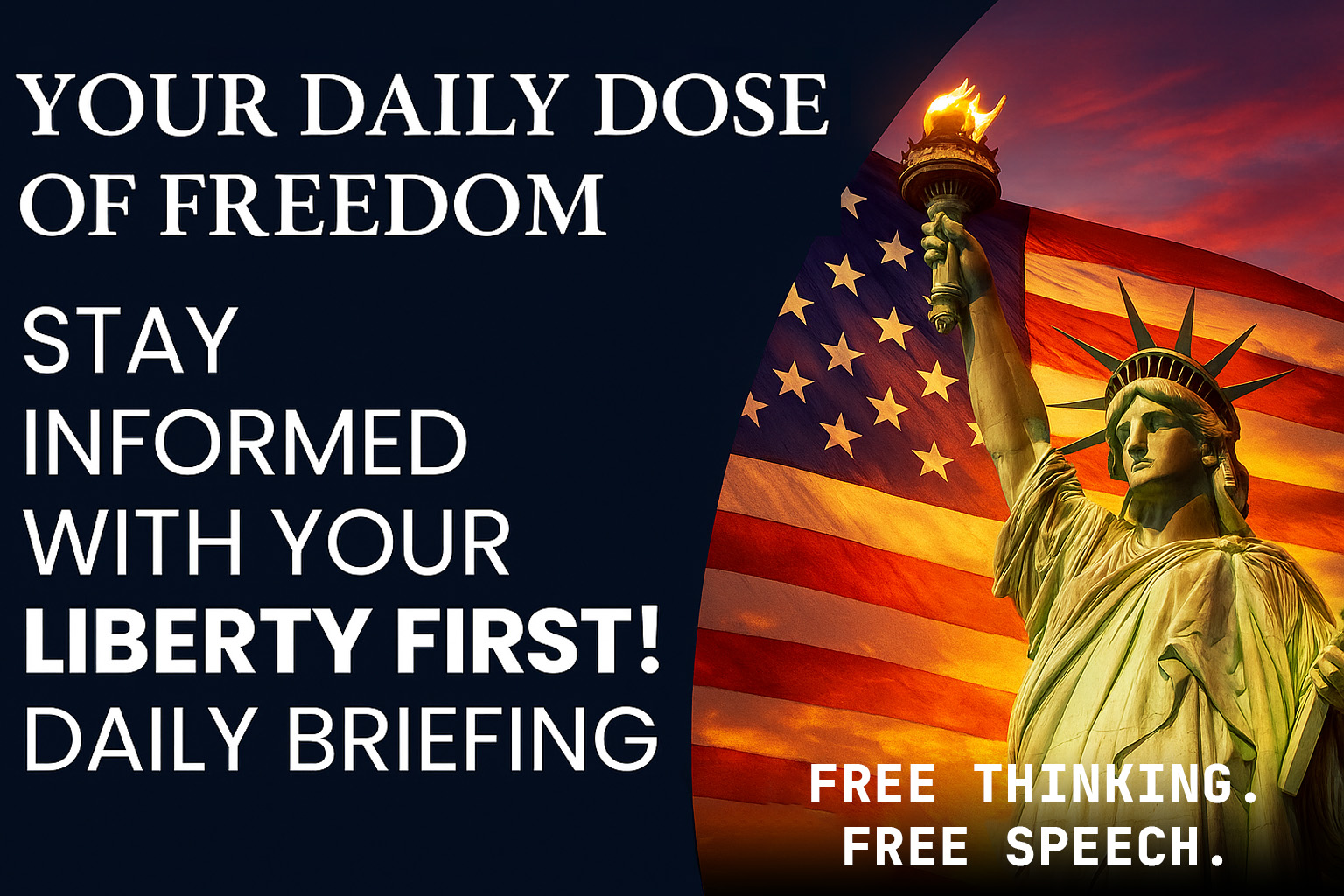


The long-awaited phone call on trade and tariffs between President Donald Trump and China’s president, Xi Jinping, is scheduled for Sept. 19. High on the list of topics is a discussion on the transfer of TikTok, the ubiquitous social media application, to American ownership.
There is much for the two world leaders to talk about. The agenda will no doubt encompass such topics as China’s aggressive People’s Liberation Army Navy operations in the South China Sea and the communist country’s ban on exporting rare earth elements to the US, such as gallium, germanium, and antimony, all critical for American weapon systems and manufacturing.

However, “awkward” moments are not likely to be found today. Each leader has the measure of the other. Xi knows that a conversation with Trump will be transactional and not bound by script.
But this communication is essential on two levels. That the presidents of the two most consequential nations in the world are comfortable in one-on-one conversations should reduce the potential for conflict. Second, Trump and Xi are well-versed in the details of the topics to be discussed, allowing them to agree or push back.
US-China meetings have traditionally had a significant influence on America’s financial sector. Much more is at stake when the two presidents reach closure on significant geopolitical and mutually beneficial national security topics. With his absolute control over the Chinese Communist Party (CCP), XI will not want to be perceived as weak when engaging Trump. Instead, he will likely be resolute in upholding communist foreign policy dogma.
The subject that has captured the interest of 170 million social media users in the United States is the fate of TikTok. The reason is simple: The app’s user base in the US is the platform’s largest market outside of China. According to Fox Business, “The U.S. and China agreed on a framework deal to allow TikTok to keep operating in the U.S. amid trade negotiations as the social media app faced being shut down as early as Wednesday [Sept. 17] without action.”
Reuters reported progress on the TikTok sale, noting that China called the switch of the “short-video app TikTok to US-controlled ownership a ‘win-win’ and said it would review TikTok’s technology exports and intellectual property licensing.” Driving the negotiations is the issue of national security. The Chinese company ByteDance, which currently owns TikTok, has access to every user’s private financial and personal data through the operating algorithm. That represents a national security threat. The Wall Street Journal observed:
“The arrangement, discussed by US and Chinese negotiators in Madrid … would create a new US entity to operate the app, with US investors holding a roughly 80% stake and Chinese shareholders owning the rest, the people [familiar with the deal] said. This new company would also have an American-dominated board with one member designated by the US government.”
How much personal data of how many Americans is at risk when an app with potentially hostile ownership is allowed on millions of phones across the nation? There is a lesson to be learned here, and it isn’t lost on the Trump administration. But what will it mean for the larger geopolitical discussions between the two superpowers?
The views expressed are those of the author and not of any other affiliate.

